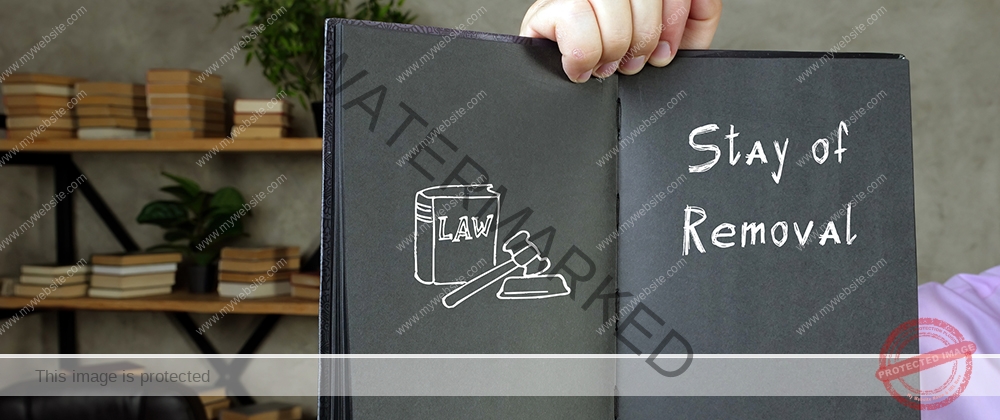Our client entered the United States from Guatemala on a tourist visa but overstayed, deciding to remain in the United States. She subsequently married a Cuban who was accorded his lawful permanent resident status through the Cuban Adjustment Act. He eventually petitioned for her to become a resident through the same law and were scheduled for an interview on the marriage. The problem arose because at the time of the interview, the couple had decided to end their relationship, but were continuing to reside in the same house. The Cuban husband offered to attend the interview in order to help her obtain her immigration status. Of course, when the Immigration Officer asked pertinent questions regarding the marriage, they were unable to corroborate the same story. Her application was denied and a finding of Marriage Fraud was added to the denial. Eventually she met and married her current husband, a United States citizen, but from the of Argentina. When he petitioned for her to become a lawful permanent resident, the application was denied due to the marriage fraud finding and a Notice to Appear was issued, placing her into removal proceedings before the Immigration Court.
We were hired to represent her at her final hearing when she became uncomfortable with her representation. We took over the case and decided to prepare a waiver and have it ready to file in the event that the Immigration Judge determined it would be necessary. However, we initially argued that the waiver was not necessary due to the circumstances of the case. Based on the honest testimony of our client and the notes that the Immigration Officer had included in her first denial, we presented the necessary requirements for the waiver. Normally, in order to evidence extreme hardship to the qualifying relative, there is a medical or emotional issue involved. In this case, we relied on the testimony of her only qualifying relative, her husband. He testified frankly that he could not live in the United States without his wife. The trial attorney argued that the burden of proof for the waiver had not been met as the hardship requirement had not been reached. We rebutted her argument by presenting the facts that the couple had purchased a business and a home together and relied on one another for emotion and financial support through their obvious bona fide marriage.



